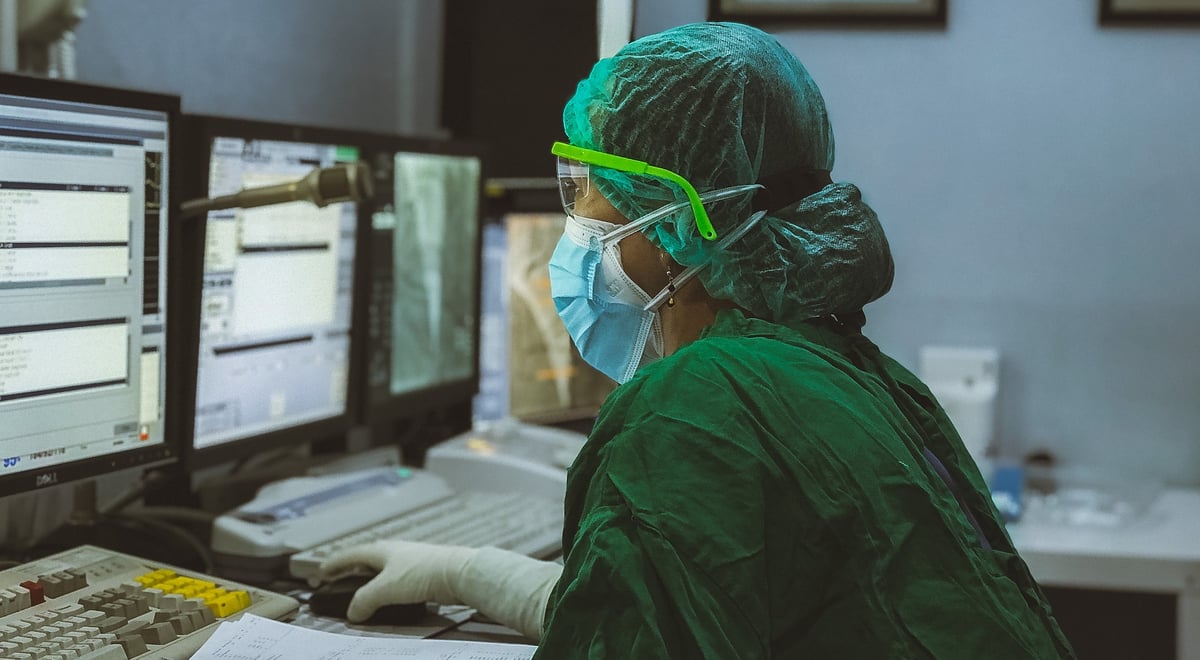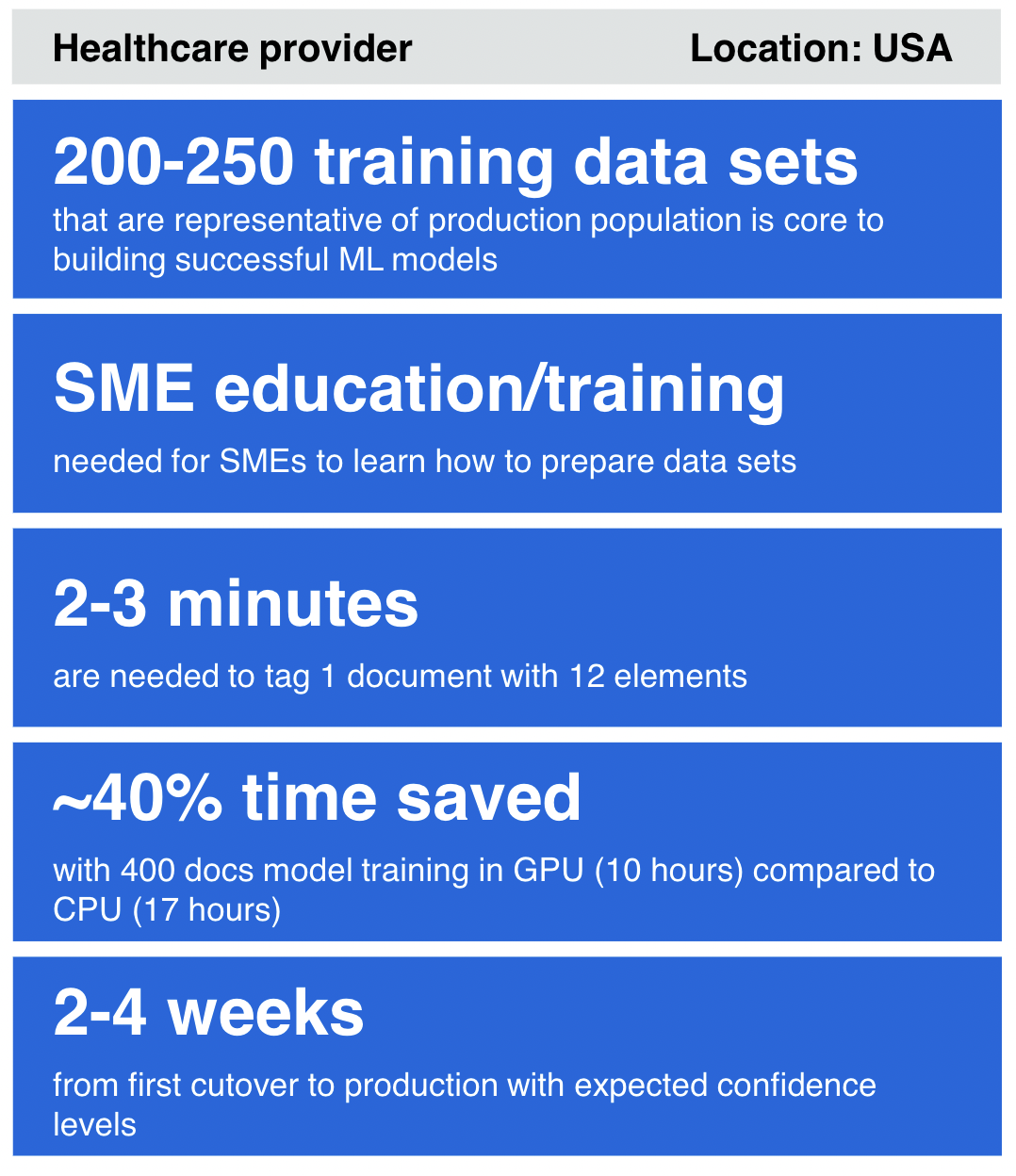The Power of AI and RPA Combined: Why Healthcare Needs Both

The integration of artificial intelligence (AI) and robotic process automation (RPA) is transforming the way businesses operate. In the healthcare sector, where there's still a significant reliance on manual labor and time-sensitive tasks, it's important to adopt these technologies to stay competitive and provide the best possible services to patients, while also improving employee satisfaction.
AI can help identify patterns and surface insights that would be otherwise hidden, while RPA can automate complex and time-consuming tasks. The result is a more efficient and effective healthcare system that's better able to meet the needs of both patients and healthcare professionals.
UiPath AI Summit 2022 featured a healthcare session dedicated to exploring the ways AI and RPA are changing the landscape of healthcare where leading experts shared the latest advances in these technologies.
For example, Myndshft is solving the headaches of prioritization and benefits by providing what they call "collective healthcare intelligence." This helps to streamline and automate communication between providers and payers, as well as aggregate the data that's needed to do business between those two parties, into a single, unified platform. This eliminates manual tasks and provides providers with insights and instant decisions at the point of care.
Myndshft also introduced its ‘Payer Solution’ which streamlines the authorization review process. Many rules are already built into Myndshft's system—rules that identify:
Which providers are required to have authorizations, which ones aren't
What kind of data is needed for approval
Whether or not certain providers' authorizations should be approved or denied
As a result, the company was able to bring the ‘Payer Solution’ capability to payers, helping them bring their requirements into regulatory compliance. It also provides better experiences for providers by instantly telling them whether their authorization has been approved or denied.
Next, Cognizant also shared their success with implementing intelligent automation, particularly with intelligent document processing capabilities via the UiPath Business Automation Platform.

Source: Cognizant's presentation during the UiPath AI Summit 2022 healthcare session. Read the full story.
A Cognizant automation expert shared it's important to consider variability analysis when implementing intelligent document processing. This involves ensuring that your machine learning models can handle various scenarios and patterns that may arise in a real-world production setting.
They also emphasized the importance of considering all possibilities while also focusing on the most common templates that drive the most volume.
Another best practice is to view intelligent document processing capabilities not as a replacement for human employees, but rather as an extension of them. Intelligent document processing is most successful when designed with a human-centered approach, functioning more like “a bionic arm than a robot.”
The healthcare industry plays a crucial role in society, and it's constantly adapting to new technologies. That's why many attendees found the AI Summit so valuable; it provided them with insight into AI and RPA as they relate to healthcare. If you're interested in learning more about how these technologies are being used in healthcare, I highly recommend checking out the on-demand recordings* of the summit. You'll get all the inside scoops and details first-hand from leading experts.
*On-demand session recordings from UiPath AI Summit 2022 are available for a limited time.

Product Marketing Manager, UiPath
Get articles from automation experts in your inbox
SubscribeGet articles from automation experts in your inbox
Sign up today and we'll email you the newest articles every week.
Thank you for subscribing!
Thank you for subscribing! Each week, we'll send the best automation blog posts straight to your inbox.



